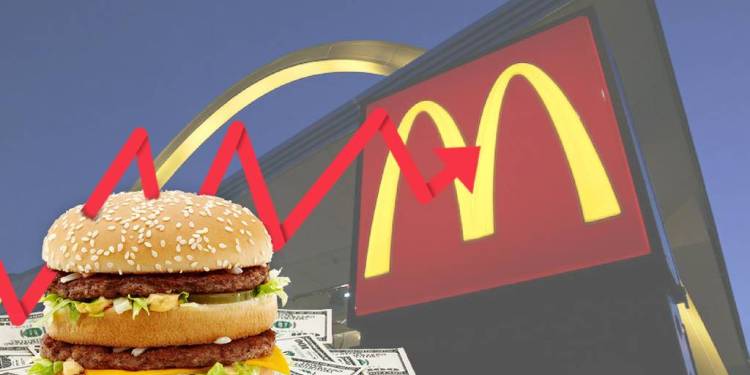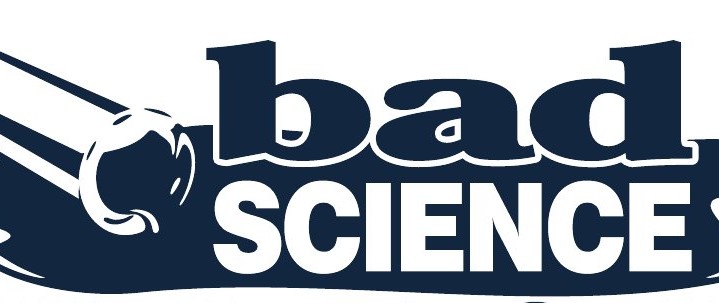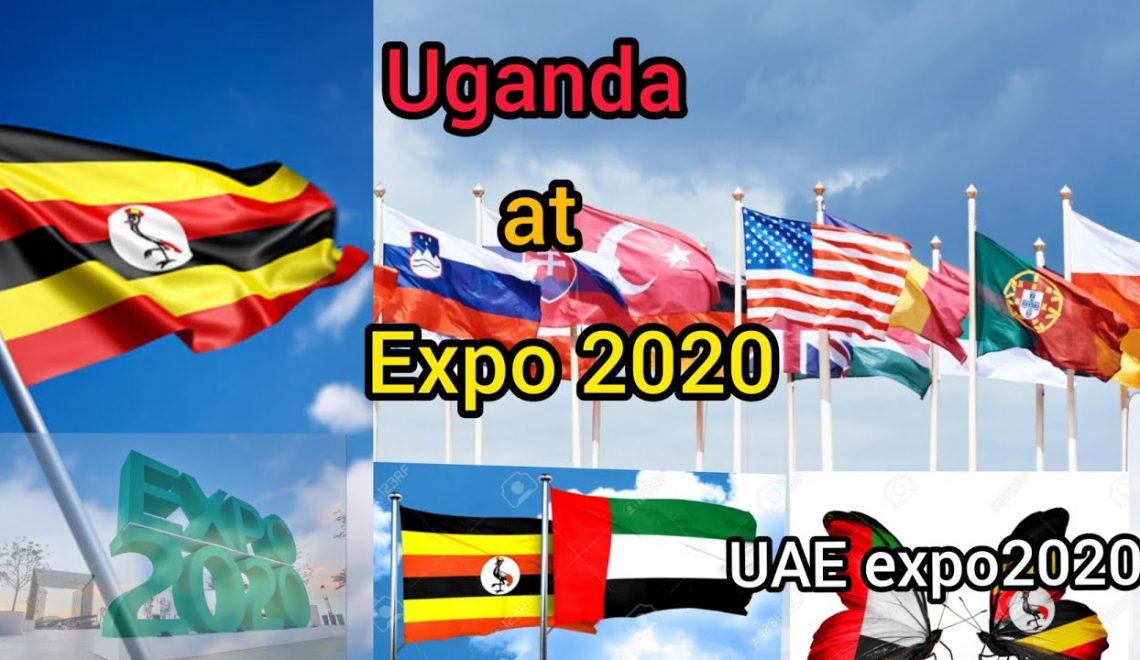
Maybe you have heard about the Big Mac index or you have not. Either way you would be forgiven because it was one of those things that don’t get into mainstream conversations about the political economy of nations. In fact the world map which shows locations for McDonald’s restaurants is sometimes used as a lighthearted way of differentiating developed from under developed (shithole?) societies.
The Big Mac index, published The Economist news magazine, is a novel way of measuring whether market exchange rates for different countries’ currencies are overvalued or undervalued. It does this by measuring each currency against a common standard – the Big Mac hamburger sold by McDonald’s restaurants all over the ‘world’. The Economist converts the average national price of a Big Mac into U.S. dollars using the exchange rate at a point in time. As a Big Mac is a completely standardized product across the ‘world’, the argument goes that it should have the same relative cost in every country. Differences in the cost of a Big Mac expressed as U.S. dollars therefore reflect differences in the purchasing power of each currency. So what happens if your country does not have Big Mac restaurants? It could mean that either your currency does not matter, or you are not part of what Western pundits define the ‘world’ to be. Such is life.
Fast forward the to the invention and now ongoing administration of the Covid-19 vaccine. The story playing out here is that probably if you don’t have McDonald restaurants, you are probably not part of those countries where Big Pharma is selling and governments are rapidly inoculating their citizens against the rabid covid-19 pandemic. The Big Mac index also just happens to mirror the distribution of the Covid-19 vaccine. While pharmaceutical companies were researching and developing the vaccines, they promised that this was a people’s vaccine and it would be distributed equitably. Turns out that these people were speaking double dutch.
So why aren’t Big Macs sold all over the world, especially in countries like ours? After all, a burger is a burger. While ‘burgernomics’ was never intended as a precise gauge of currency misalignment, but rather a tool to make exchange-rate theory more digestible, it has turned out to be an indicator of very many other things spoken and unspoken. Here are some that come to mind.
First, is that if you don’t sell Big Macs in your country, either you don’t have much of an economy and your currency is not convertible. The ‘world’ that sells Big Mac’s sees you as a lucrative source of primary products and dumping ground for hazardous waste and inferior products. That means you can’t be rated in terms of Big Macs as you don’t have any such restaurants. The Global GDP map denoting countries with a per capita income in excess of USD 20, 000 neatly maps onto the Big Mac index for prices normalized to the US dollar.
Second, reason for not being part of the Big Mac index is the underdeveloped supply chains and route to market, in Africa, which differs widely across nations, posing major challenges. In addition, governance issues continually stymie the transporting of goods across international boundaries.”
The Third reason that will is not explicitly stated is that we are undemocratic societies and tend to treat our citizens shabbily. Except for a few outliers, the Big Mac index tends to have a grey shading for countries that either are at war, are dictatorships, or have a proclivity for poor social service delivery. These countries just happen to be mostly in Sub-Saharan Africa and swathes of the Middle East.
And so as we await the arrival of McDonalds, so do we await our turn to get the Covid-19 vaccine at prices double those paid by Big Mac countries! The world does not change much, unless you purpose to change it for yourselves.
Samuel Sejjaaka is Country Team Leader at Mat Abacus Business School. Twitter @samuelsejjaaka



